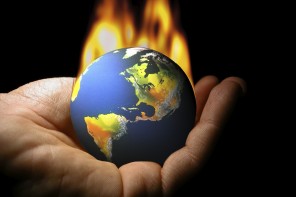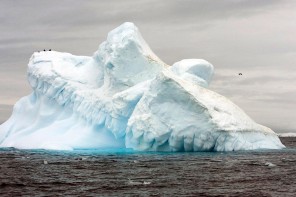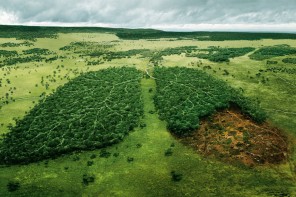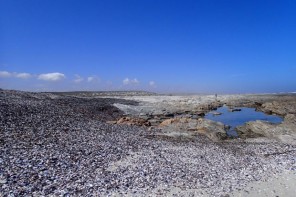When we hear of global warming, we might immediately picture blaring hot sun and dried up landscapes. But warmer temperature is not the only thing scientists say is linked to global warming. Cold weather is, too.
If you’ve ever heard the funny line, ‘No one speaks about global warming when it’s snowing’, you’ll know that it’s easy to forget about climate change and its dangerous consequences during the cooler months. People might even go so far as to think that global warming is not as serious as thought if their regions are experiencing bitterly cold winters. A few years ago NASA nipped those assumptions in the bud by stating that cold weather doesn’t mean that man-made and harmful gases in the atmosphere are not continuing to warm the planet. In fact, cooler temperatures that could stick around for years are expected naturally, even if the climate continues to warm due to these gases.
Climate change is set to cause 250,000 extra deaths annually from 2030
Now, new research from the Korea Polar Research Institute published in Nature Communications found a link between global warming and colder temperatures. Their research discovered that polar ice melts because warm water travels up the Gulf Stream from areas of the Atlantic Ocean, journeying towards regions of Europe such as Scandinavia. The melted ice leads to open water areas, releasing warmth into the air during the colder months. The result? A jet stream weakens, before moving south – and it carries cold air. Researchers of the study stated that if global warming continues to increase ocean temperature, then we are likely to experience colder winters.
However, it’s important to realise that there is not always a direct link between global warming and extreme weather conditions. In a report by the National Oceanic and Atmospheric Administration, scientists found that extreme weather conditions that occurred in 2013, such as the California drought, the cold spring experienced in the UK, the South Dakota blizzard and floods in Central Europe, had no evident connection to global warming. It is not always possible to tag global warming as the only reason for such conditions, however it can make some of them more volatile. For instance, global warming can cause heat waves to be more intense.
Whether you’re experiencing hot or cold weather where you live, it’s important to realise that global warming isn’t going away anytime soon: the World Health Organization (WHO) recently reported a scary statistic that climate change is set to cause 250,000 extra deaths annually from 2030.
Image credit here











